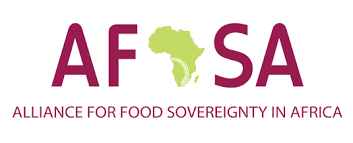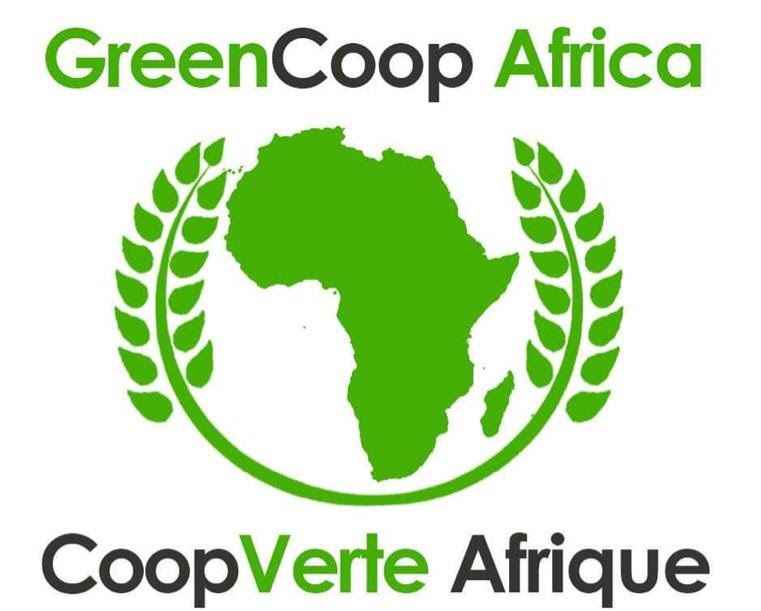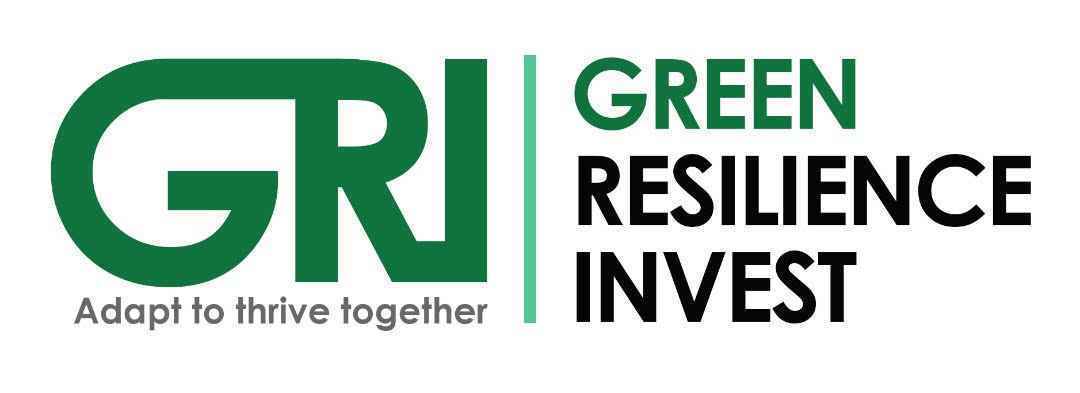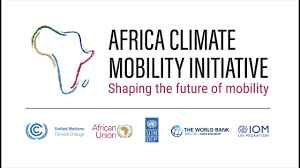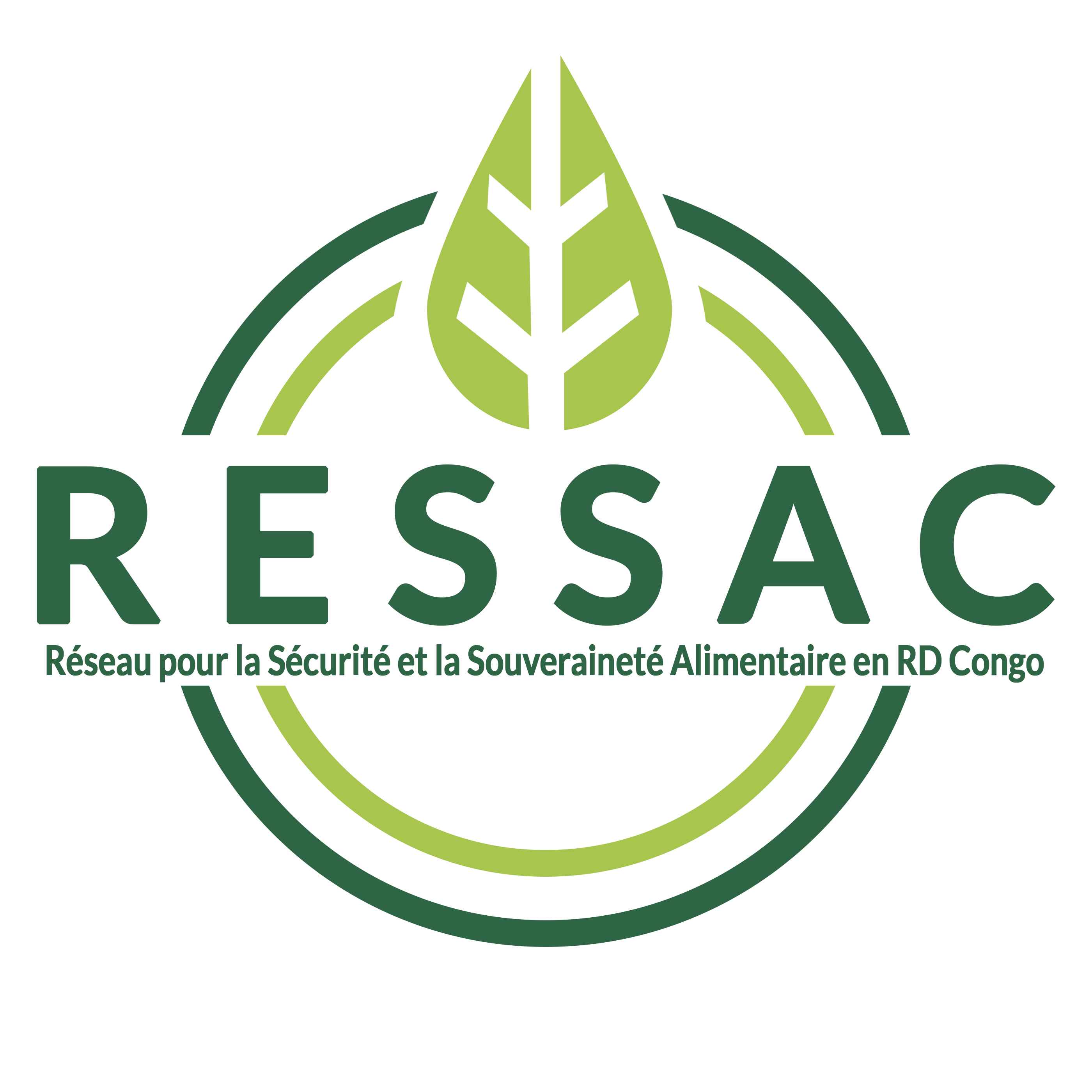YILNAC Network supports indigenous women in the Consolidation of climate-resilient agriculture in the Congo Basin
Publié le 20/12/2021 - Catégorie: Générale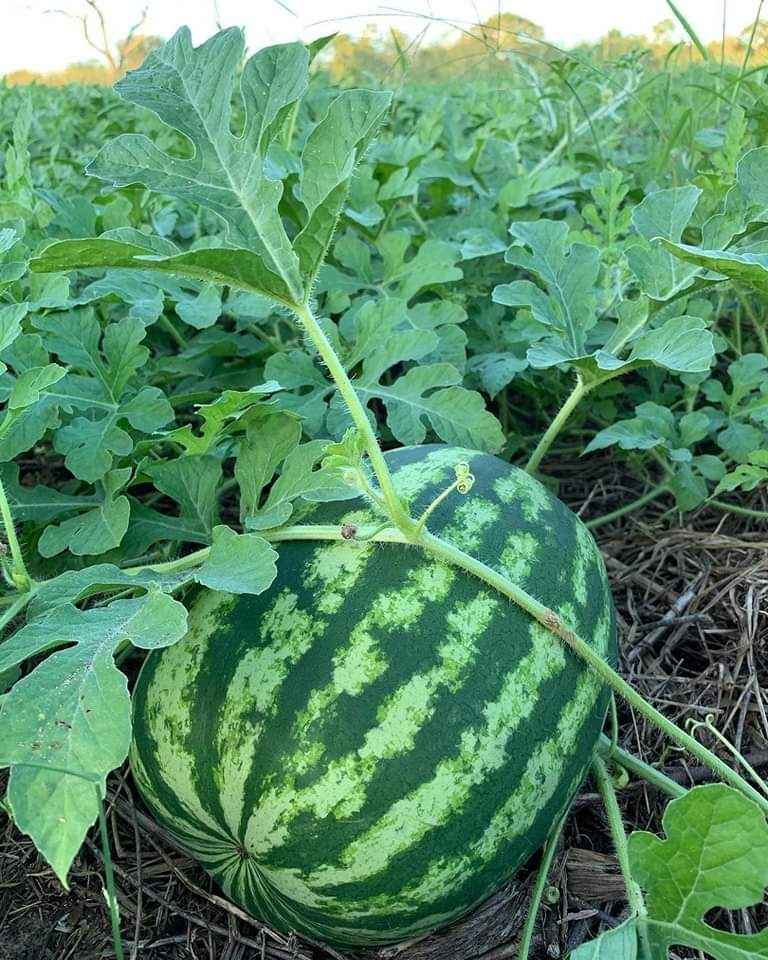
In order to strengthen the development and defense of agricultural production systems to ensure food security for indigenous families and local communities, to improve their living conditions, and to guarantee sustainable management of natural resources, YILNAC Network has launched its support project for indigenous women living in the Congo Basin in the consolidation of agriculture that is resilient to climate change.
The Congo Basin itself is one of the largest tracts of continuous tropical forest left on the planet. A mosaic of forests, savannahs, swamps, rivers and flooded forests, the Congo Basin teems with life. There are approximately 10,000 species of tropical plants, 30% of which are unique to the region; it plays a fundamental role at the regional and international level in the current context of climate change.
The project aims to mitigate, through the promotion of virtuous agricultural models, the adverse effects of climate change which cause recurrent production losses. It also contributes to the preservation and sustainable management of biodiversity and natural resources.
The challenge is to systematize and disseminate experiences of resilience to climate change, promoting new agro-ecological family production systems, improving food sovereignty and the participation of women and young people.
This project takes place in the Chiefdom of the Ruzizi plain, particularly in the three major localities of the Kabunambo Group: Kigurwe, Mwaba and Biriba where 86 indigenous women participate in the activities and includes food security components, capacity building of civil society , resilience to climate change and capitalization of scientific knowledge.
EXPECTED RESULTS
- Consolidation of indigenous agro-ecological production systems;
- Production and dissemination of scientific knowledge based on the results of agro-ecological models developed by YILNAC Network.
- Strengthening the participation, control and vigilance of civil society actors for public policies favorable to peasant and indigenous family farming.
- Creation of local monitoring committees.
Polydor MUSAFIRI
Executive Secretary
A la une
YILNAC Network: Launch of the Community Biodiversity Conservation Project by indigenous and local populations neighboring the Itombwe nature reserve in the Democratic Republic of Congo
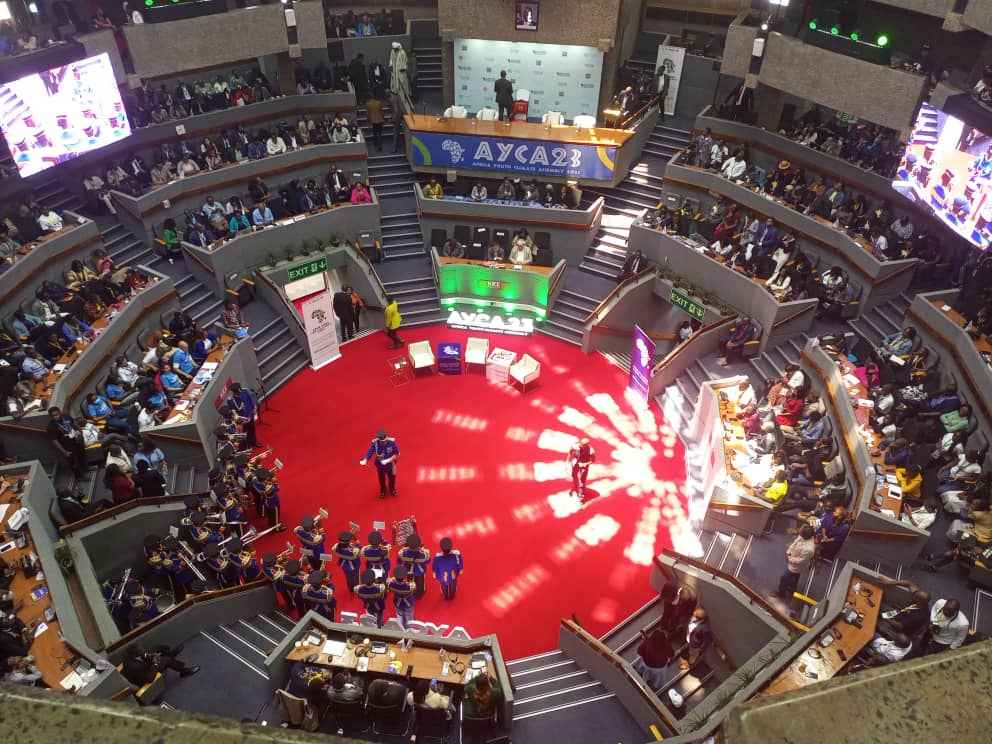
YILNAC Network: Distinguished participant and organization representing young indigenous leaders at AFRICA YOUTH CLIMATE ASSEMBLY (AYCA 2023) in Nairobi - Kenya
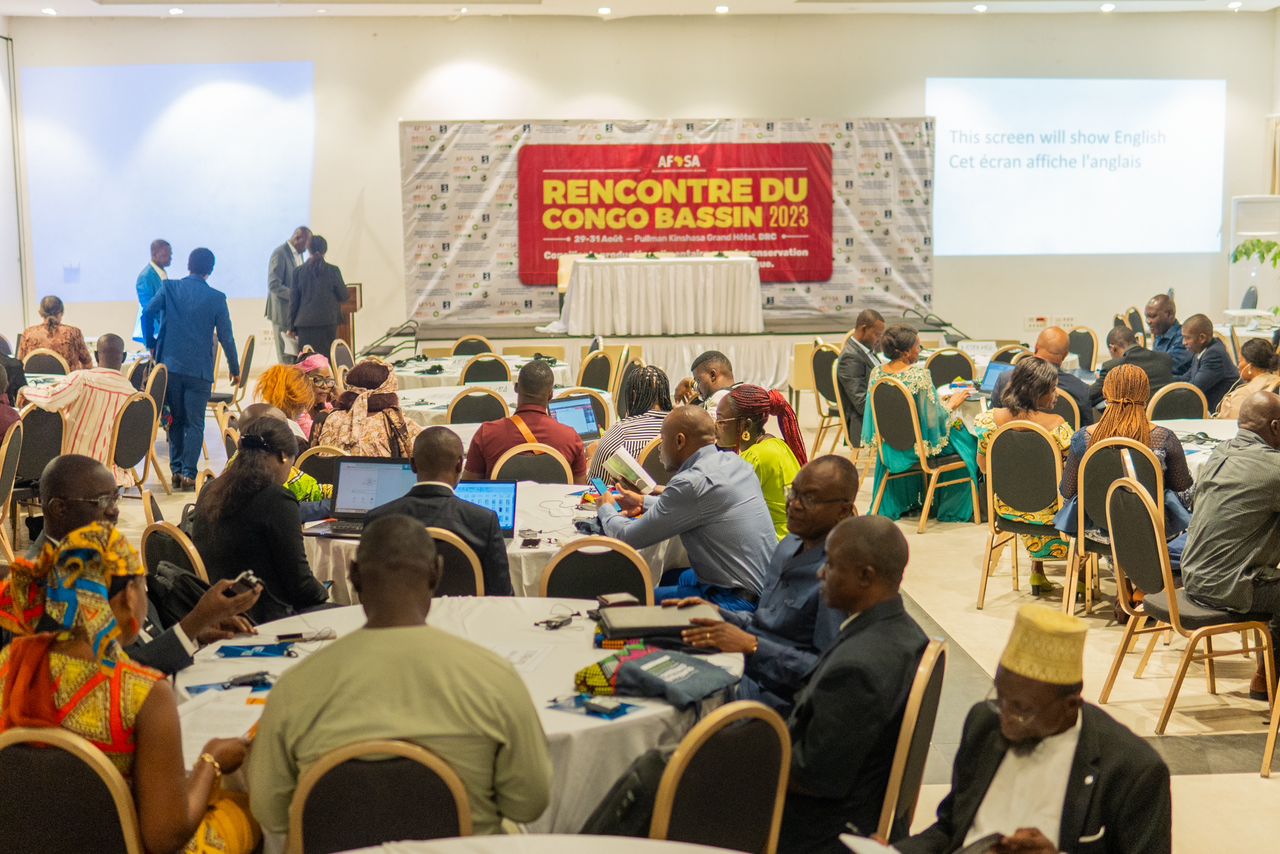
YILNAC Network : Participant au Sommet Régional sur le Changement Climatique, la Conservation de la Biodiversité et les systèmes alimentaires dans le Bassin du Congo 2023
YILNAC Network lance le Programme Agroécologique de Proximité pour renforcer la résilience des petits producteurs agricoles autochtones et locaux au changement climatique en République Démocratique du Congo
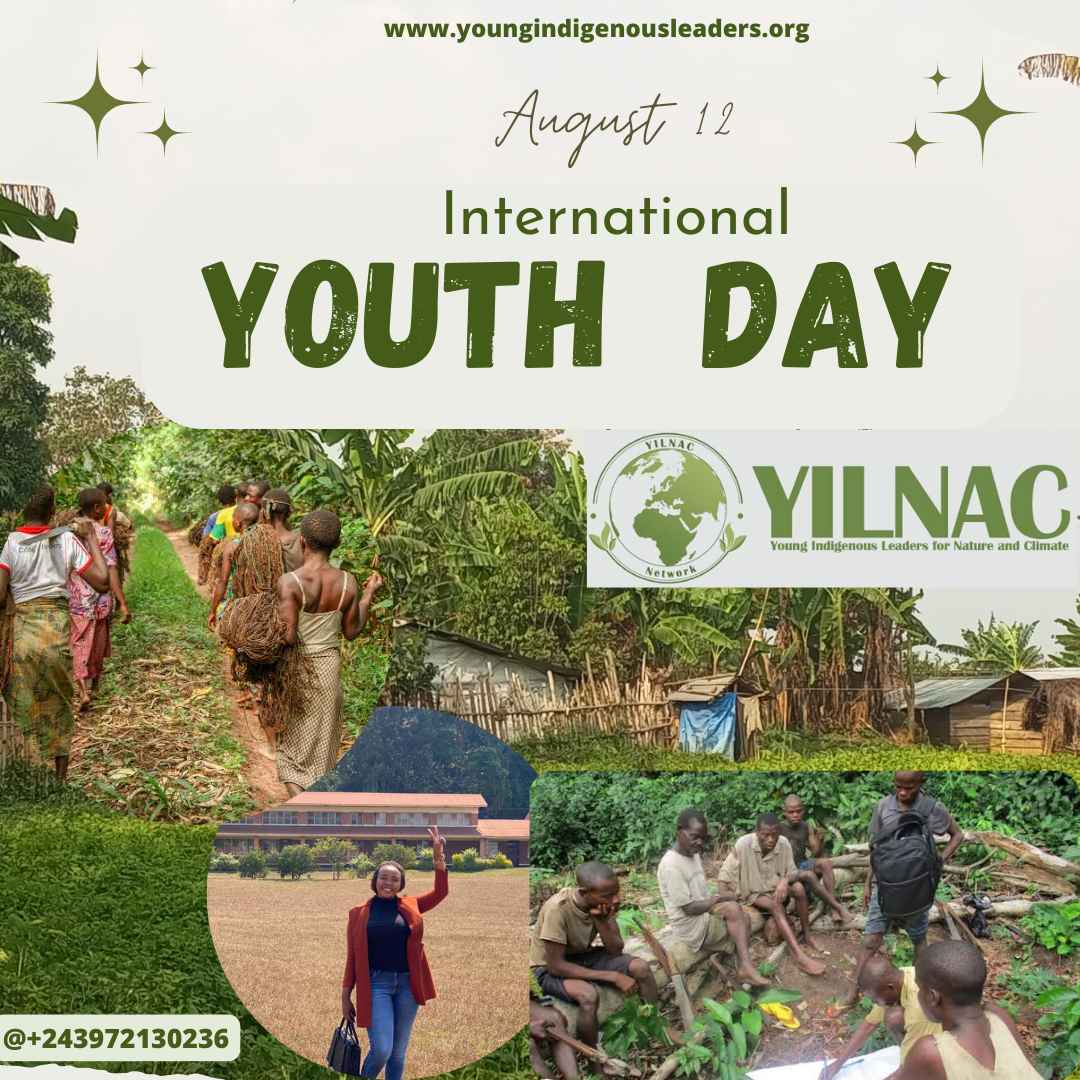
Message du Réseau YILNAC aux Jeunes à l’occasion de la Journée internationale de la Jeunesse, Célébrée ce 12 Août




